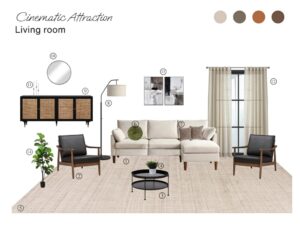Naps have long been associated with laziness or unproductiveness, but recent research suggests that they can actually have a positive impact on our cognitive function. In a 2022 meta-analysis of 54 studies conducted by Professor Chee and postdoctoral researcher Ruth Leong, it was found that even a short 10-minute nap can have profound effects on our cognition and mood. With this knowledge in mind, it’s important to learn how to take a better nap in order to maximize its benefits.
One of the key factors in taking a successful nap is finding the right time of day. Ideally, napping in the early afternoon between 1 PM and 3 PM is recommended, as this is when our body’s natural circadian rhythm is at its lowest point, making it easier for us to fall asleep and achieve a deeper state of rest. It’s also important to create a sleep-friendly environment, ensuring that the room is dark, quiet, and comfortable. Consider using earplugs, an eye mask, or white noise machines to block out any external distractions that may hinder your ability to relax and fall asleep.
Another crucial aspect of taking a better nap is controlling its duration. As mentioned earlier, even a short 10-minute nap can have beneficial effects on our cognition and mood, but it’s also important to find the right balance. Longer naps, ranging from 30 minutes to an hour, can lead to sleep inertia, which is the feeling of grogginess and disorientation that occurs when we wake up from a deep sleep. To avoid this, it’s recommended to set an alarm and limit your nap duration to around 20 minutes. This allows you to enter a state of light sleep without reaching the deep sleep stage, ensuring that you wake up feeling refreshed and rejuvenated.
In addition to timing and duration, the quality of your nap also depends on your mental and physical state. Prioritize relaxation techniques such as deep breathing, progressive muscle relaxation, or guided meditation to help you unwind before your nap. Engaging in light physical activity, like taking a short walk or stretching, can also prepare your body for sleep. It’s important to note that napping is not a substitute for a good night’s sleep, but rather a supplement to help improve your overall cognitive function throughout the day.
In conclusion, naps can be a valuable tool to enhance our cognition and mood. By finding the right time, creating a sleep-friendly environment, controlling the duration, and preparing mentally and physically, you can take a better nap and reap its benefits. So, the next time you feel a midday slump or a lack of focus, consider taking a short nap to recharge and boost your cognitive performance. Embrace the power of napping and unlock your full potential.









